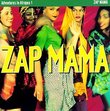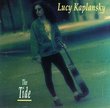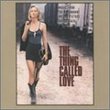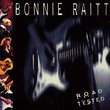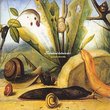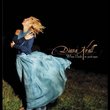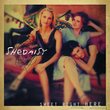| All Artists: John Koerner, Dave Ray, Tony Glover Title: Return of Koerner Ray & Glover Members Wishing: 4 Total Copies: 0 Label: Red House Release Date: 4/20/1999 Genres: Blues, Folk, Pop Style: Acoustic Blues Number of Discs: 1 SwapaCD Credits: 1 UPCs: 033651013129, 603497980666 |
Search - John Koerner, Dave Ray, Tony Glover :: Return of Koerner Ray & Glover
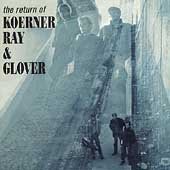 | John Koerner, Dave Ray, Tony Glover Return of Koerner Ray & Glover Genres: Blues, Folk, Pop
|
Larger Image |
CD DetailsSimilarly Requested CDs
|
CD ReviewsA most welcome return Jerome Clark | Canby, Minnesota | 06/30/1999 (5 out of 5 stars) "Much of the music created during the late-50s-to -mid-60s folk revival is dated, some of it downright unlistenable. That's particularly true of many recordings waxed by earnest young whites who tried to take on the blues, which turned out to be a whole lot more complicated than they seemed -- as the current generation of hot-shot white electric-blues players is learning and sometimes, alas, demonstrating. But between 1963 and 1965, when three gifted Minneapolis musicians recorded three albums' worth of country blues and related material for Elektra, they made a music that sounds fresh and inventive even today. The Return of Koerner, Ray, and Glover, the last of these, is in some ways the best of an already splendid lot, a brilliant mix of covers (Lead Belly, Blind Willie McTell, tradition) and originals (e.g., Koerner's characteristically odd, droll "The Boys Was Shootin' It out Last Night"). Nobody then or since has ever sounded like Koerner, Ray, and Glover, who somehow absorbed the African-American folk tradition yet at the same time imprinted a uniquely personal style on it. The results stand up amazingly after more than three decades. This is music for the ages, and Red House deserves our thanks for making it available to us once again." Time's test stood Jerome Clark | 05/14/1999 (5 out of 5 stars) "The Return of Koerner, Ray, and Glover sounds just as great as it did when it was released in 1965, which is saying something. Many -- most, if the truth were told -- folk-revival recordings from the period are embarrassing and unlistenable today, none more so than those by earnest young whites who thought they could take on the blues and win. But three Minneapolis musicians, in three memorable albums from the mid-1960s (Return is the last of them), somehow managed to get inside the blues and related African-American folk styles and reinvent them. Make no mistake: there's as much creation as tradition going on here. Besides lively takes on Lead Belly ("Titanic") and Blind Willie McTell ("Statesboro Blues"), not to mention a terrific version of the 19th-Century outlaw ballad "John Hardy," there is a wealth of original material. Eccentric, odd, distinctive, funny, and moving (sometimes all at once), this is music for the ages. It'll sound good a century from now. Thanks to Red House for bringing these splendid recordings into the CD age."
|

 Track Listings (15) - Disc #1
Track Listings (15) - Disc #1
